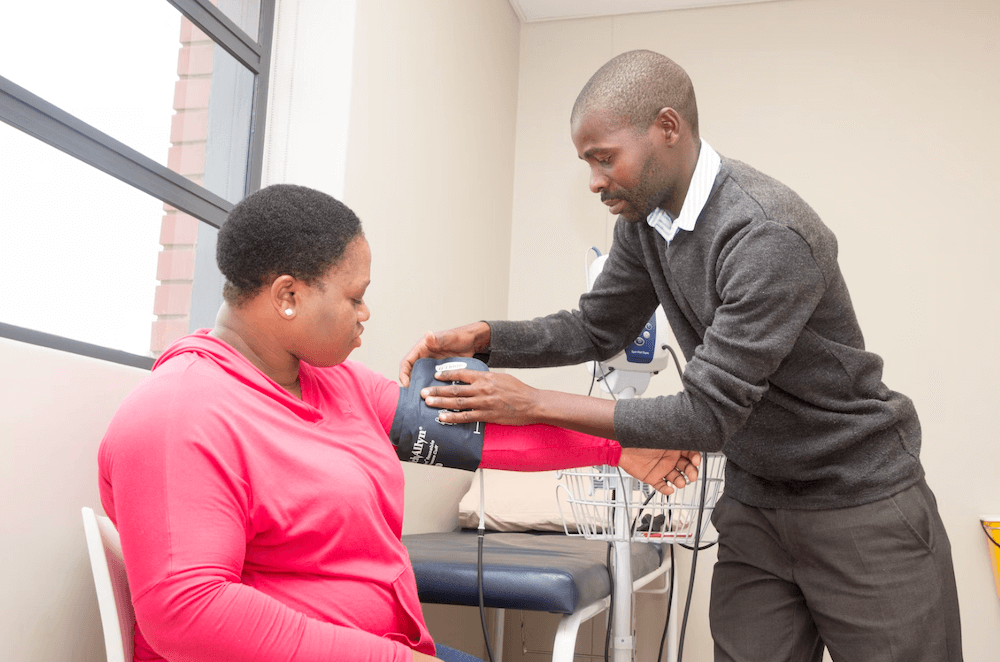About
Medical Assistant Program - Pacific Health Care Training
Unlock your potential in the rapidly growing healthcare field with Pacific Health Care Training's accelerated 3-month Medical Assistant certificate program. Designed for career-focused individuals, this hands-on, in-person program, led by experienced RN instructors, provides personalized support and a strong foundation for a thriving healthcare career in Southern Oregon. Prepare for NHA certification and gain the practical skills needed to excel, setting yourself apart with a career-focused education.
Program Details:
- Cost: $995 per program (includes classroom and clinical instruction, textbook, stethoscope, and blood pressure cuff)
- Duration: 3 months (accelerated certificate program)
- Schedule: In-person instruction with hands-on training and tutoring emphasized.
- Prerequisites: High School Diploma; Criminal Background Check; Drug Screening
- Accreditations: Unknown
- Career Outcomes: Prepares students for NHA certification and a career in healthcare (specific employment rates/job titles not provided, but program is career-focused).
Organization
Pacific Healthcare Training
Pacific Health Care Training
Located in Central Point, Oregon, Pacific Health Care Training is an Oregon State Board of Nursing approved facility offering nursing assistant and phlebotomy training. The school provides hands-on instruction from five RN instructors with diverse clinical backgrounds, fostering an atmosphere of support and respect to help students succeed in healthcare careers. The phlebotomy program emphasizes practical training, including students practicing blood draws on each other.
Highlights:
- Oregon State Board of Nursing approved training facility with experienced RN instructors providing hands-on training
- Mission to support students in their pursuit of education and success in healthcare careers by providing an atmosphere of support and respect
- Phlebotomy program is 80 hours of didactic hands-on training
- Prerequisites for phlebotomy include being at least 18 years old, having a high school diploma, and passing a criminal background check
- Phlebotomy program features practical training where students practice drawing blood on each other
